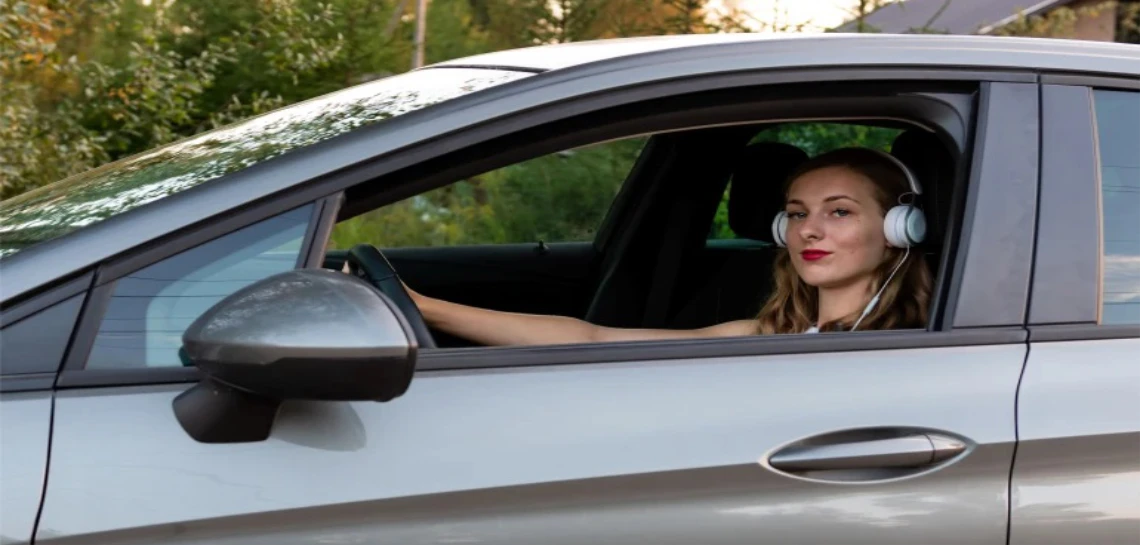
It is not illegal to wear headphones while driving in Texas. However, laws regarding headphones while driving can vary by location and may change over time.
It’s essential to check Texas’s most recent and specific traffic laws to determine if there have been any updates or changes regarding using headphones while driving. Always prioritize safety and follow local traffic regulations while operating a vehicle to avoid common car collisions and severe car accident injuries.
Driving Laws in Texas
Driving laws in Texas cover various aspects of operating a motor vehicle. Some of them are as follows:
- Speed Limits: Speed limits vary depending on the type of road and location. It’s typically 20-30 mph in residential areas, while it can range from 65-75 mph or higher on highways.
- Seat Belt Laws: All passengers in a vehicle must wear seat belts. Failure to follow seat belt laws can result in fines.
- Cell Phone Use: In Texas, there are restrictions on using handheld cell phones while driving in school zones for novice drivers (under 18), and bus drivers with passengers under 17.
- Texting While Driving: Texting while driving is prohibited for all drivers in Texas.
- Child Passenger Safety: Children under eight years old or under 4 feet 9 inches tall must be secured in an appropriate child safety seat system.
- Driving Under the Influence (DUI): The legal blood alcohol concentration (BAC) limit is 0.08% for adult drivers. Penalties for Drunk driving offenses can include fines, license suspension, and even imprisonment.
- Move Over Law: Texas has a “Move Over” law requiring drivers to move over to a non-adjacent lane or slow down when passing emergency vehicles, tow trucks, and utility service vehicles with flashing lights.
- Right-of-Way: Drivers must yield the right-of-way in various situations, such as at stop signs, yield signs, and when entering a highway from a private road or driveway.
- Traffic Signals and Signs: Obey all traffic signals, signs, and road markings.
- Turn Signals: Use turn signals to indicate your intentions when turning or changing lanes.
- School Buses: When a school bus is stopped with its red lights flashing and its stop sign extended, all traffic must stop, regardless of direction.
- Parking: Park only in designated areas and follow parking regulations posted by signs.
Can Wearing Headphones Result in an Accident?
Yes, wearing headphones while driving can increase the risk of a major or a minor accident in which you can sue the responsible party owing to the following reasons:
- Auditory Distraction: Headphones can block out essential sounds from the surrounding environment, such as sirens, horns, or approaching vehicles.
- Reduced Focus: Listening to music, podcasts, or phone calls through headphones can divert your attention from the road and the traffic around you.
- Decreased Situational Awareness: Wearing headphones can limit your ability to hear other road users, like cyclists, pedestrians, or other drivers, which can lead to misjudging distances and making poor decisions.
- Impaired Reaction Time: If you can’t hear important auditory cues, your ability to react quickly to unexpected events or hazards on the road can be compromised.
How can a car accident lawyer help you?
An experienced car accident lawyer can navigate complex legal processes, assess liability, and determine the strength of your case. They negotiate with insurance companies to ensure you receive fair compensation for medical bills, vehicle damage, and pain and suffering. They can represent you in court, advocating for your rights and pursuing compensation.
